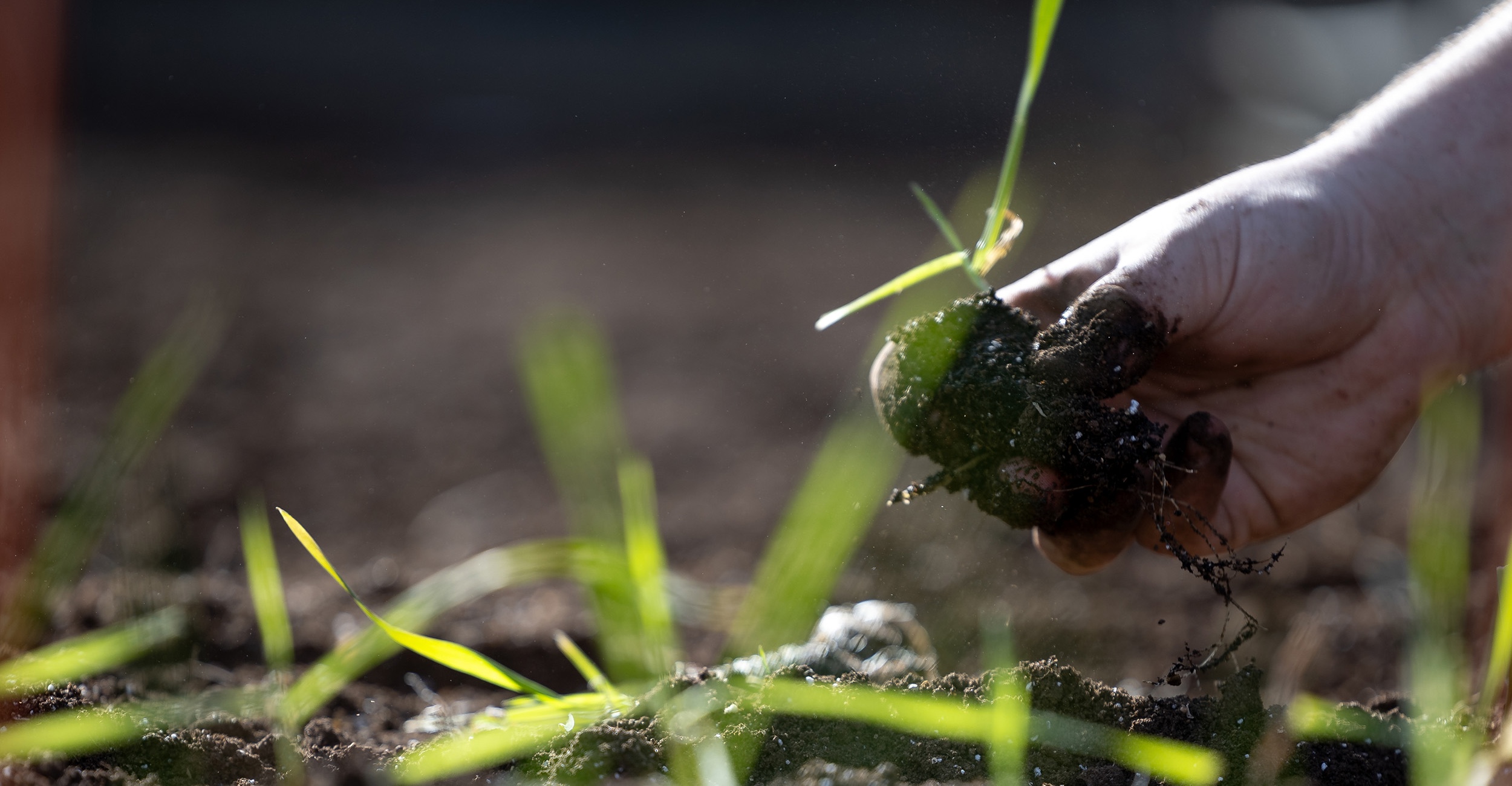
OSU biosecurity institute awarded $1.8M to cultivate the next generation of professionals
Wednesday, April 10, 2024
Media Contact: Alisa Boswell-Gore | Office of Communciations & Marketing, OSU Agriculture | 4045-744-7115 | alisa.gore@okstate.edu
The Oklahoma State University Institute of Biosecurity and Microbial Forensics is offering a 2024 summer internship opportunity to Tribal Native American and Pacific Islander students interested in a career in agricultural biosecurity.
“The idea is that we will create a progression of people interested in biosecurity issues,” said Francisco Ochoa Corona, professor and researcher at the institute. “Biosecurity is an important field because of the possibility of disruption to major industries, such as wheat, fruits and vegetables, by pathogens and micro-organisms contaminating our agricultural industries and ecosystems.”
The Cultivating the Next Generation of Diverse Food and Agriculture Professionals Program focuses on supporting and preparing students for careers in food, agriculture, natural resources and human sciences across research, education and Extension with an emphasis on the federal government sector. Students from underserved communities are encouraged to apply. The USDA-National Institute of Food and Agriculture also funds the program at the University of Hawaii at Manoa and University of Hawaii-Leeward Community College.
“We have had a lot of collaborations with other universities, so this was just a natural step for us,” said Maria Ma, a biosecurity expert at the institute. “The institute has been building a foundation for collaborative education in biosecurity since our founding director, Jacque Fletcher, established what the institute now has to offer.”
Ma said the program is a passion project for her, Ochoa Corona and assistant professor Andres Espindola because of the historic need for more biosecurity scientists. Biosecurity is increasingly important due to the growing dangers of foreign pathogens in global trading.
The NextGen program will be a two-month paid summer internship for 10 undergraduate students interested in learning about biosecurity. NextGen will also offer a two-day workshop to 10 high school students to learn the basics of biosecurity and tour biosecurity facilities.
“Our goal is when the undergraduates are done with the training workshop, they will not only have a basic understanding of what agricultural biosecurity entails, but they will also have training in a specific area, such as microbiology or food safety,” Ma said.
The institute is also seeking master's and doctoral students to join the biosecurity program in the fall of 2024. Doctoral students will have an opportunity to work internships in Australia and New Zealand.
“The idea is they make connections with biosecurity professionals in other countries, so they can compare what we have in the U.S. to what they have in other countries with advanced biosecurity systems and learn from those differences in the future,” Ochoa Corona said.
Through the NextGen program, Espindola will train graduate students on cutting-edge sequencing technologies and bioinformatics and artificial intelligence for rapid and accurate pathogen detection and biosecurity measures.
“Our institute has a remarkable track record in bioinformatics, having developed the Microbe Finder (MiFi), a powerful pathogen detection tool that has piqued the interest of stakeholders both nationally and internationally,” Espindola said.
The program will be offered for four years starting in 2024 and alternating between host sites at the University of Hawaii and OSU, where it kicks off this summer. Students must be Native Hawaiian and Pacific Islander or Tribal Native American.
Students and faculty will research food biosecurity practices and diagnostics, food crop diagnostics, electronic programs for detecting pathogens and biosecurity costs.
“There will be a lot of exchange between our Hawaiian students and Oklahoma students,” Ochoa Corona said. “Biosecurity is regionally dependent, so Hawaii has unique challenges that are different to the biosecurity challenges of Oklahoma.”
Students interested in the program should email pacon@hawaii.edu or visit the PaCoN website.
This material is based upon work supported by the National Institute of Food and Agriculture of the U.S. Department of Agriculture under award number USDA-NIFA-ARPAED-009362 for $1.9 million. Any opinions, findings, conclusions or recommendations expressed in this publication are those of the author(s) and do not necessarily reflect the view of the U.S. Department of Agriculture.
